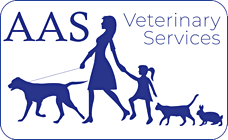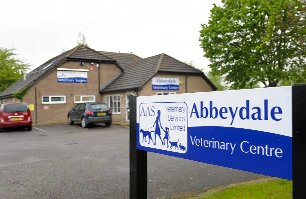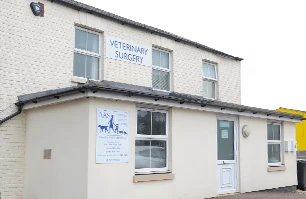Your vet will carry out a 'nose to tail' MOT when your dog is given its annual booster vaccinations.
You can play a role too by following the guidelines below to keep an eye on your dog's health and help him to stay in tip top condition and live a long and healthy life:
- Look out for changes in your dog's food consumption, drinking and toilet habits. Does he have less energy or is he slower in getting up or jumping? Monitor your dog's faeces for colour, consistency and signs of worms
- Rub your hands over your dog's body including his head, legs and paws to check for any lumps or bumps or anything stuck in his pads. Also keep your eyes open for evidence of fleas, ticks and other parasites. Check your dog's coat quality and whether any dandruff or hair loss is evident. Is your dog scratching, chewing or biting excessively?
- Check your pet's nose, eyes and ears for any abnormalities or discharge. Your dog's nose should be moist, the corners of his eyes should be free of discharge and his ears should be clean
- Regularly examine your dog's mouth for signs of disease such as bad breath, reddened, bleeding or swollen gums and build-up of tartar
- Monitor your dog's body condition by running your hands over his ribs and backbone. If he is losing weight or is overweight, it's advisable to take him to the vet
Exercise
Daily exercise is essential to keep dogs healthy and mentally and physically stimulated - the level of exercise will depend on their breed, age and health. Exercise not only improves your dog's wellbeing, but also helps build muscle tone and prevent depression, obesity, joint problems, heart conditions and behavioural issues.
Your vet will be able to advise you on how long you should walk your dog for each day.








